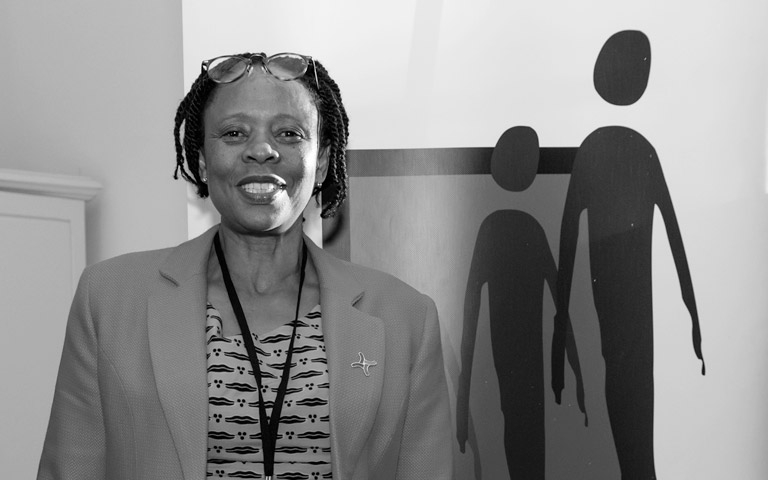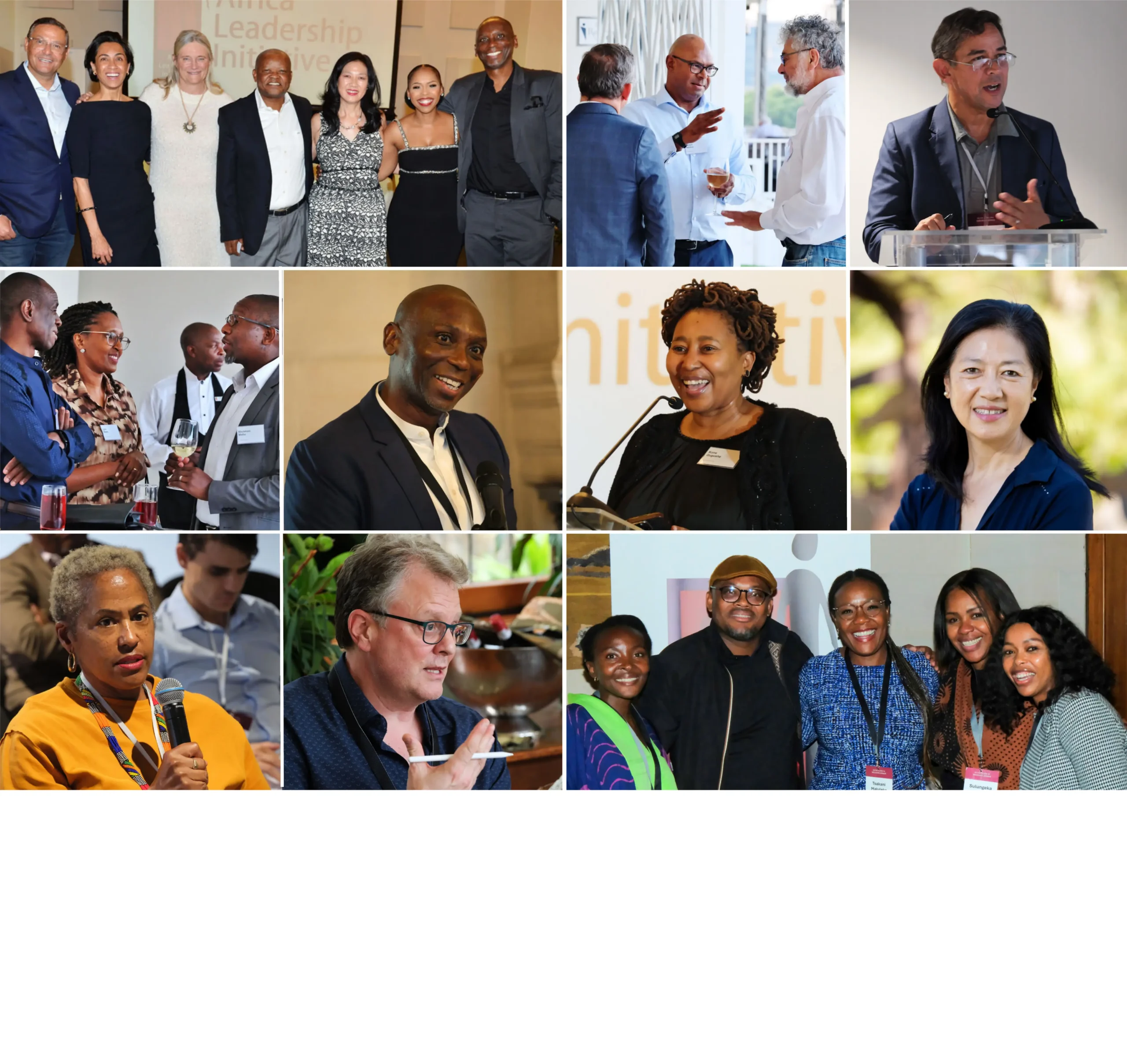
Scientists predict the first person to live to 200 has already been born. “Just imagine what you could achieve…” muses Lesedi Ndaba, the world’s first 200-year-old, blowing out her birthday candles in 2218, in a Sanlam advertisement.
But in what state – mentally or physically – will we be when we hit the 200-year mark?
In his expeditions around the globe, journalist Ban Buettner [1] identified several longevity hotspots – none, regrettably for “Lesedi”, in Africa. The so-called Blue Zones, where people live both longer and better, are the Barbagia region of Sardinia, Italy; Ikaria, Greece; Okinawa, Japan; the Nicoya Peninsula in Costa Rica; and – intriguingly – the Seventh Day Adventist community in Loma Linda, California. Besides having a large number of centenarians, people in these areas remain active into their 80s and 90s and rarely suffer from the chronic diseases common in most parts of the industrialised world.
What’s the secret?
Buettner points to the Seventh Day Adventists in Loma Linda, about an hour’s drive outside Los Angeles, to illustrate that the Blue Zones cannot be explained in terms of geography. This sub-group of people live about a decade longer than the residents of the unremarkable Californian suburbs surrounding them or, in fact, any other Americans. They have lower rates of chronic diseases and afflictions like dementia. It’s thought that this is largely because as a group they fiercely protected their lifestyle values – for instance, the cafeteria at the Loma Linda University is vegetarian; residents fought the introduction of fast-food chains to the town; they remain actively involved in their faith and church community; and they are physically active into their 80s and 90s.
From this and other Blue Zones, Buettner distilled several common denominators, or longevity lessons, into what he called the “Power 9:”
- Move naturally throughout the day;
- Have and cultivate a strong sense of purpose,
- Downshiftevery day to relieve stress,
- 80% rule: stop eating when you are 80% full,
- Plant slant: Make beans, whole grains, veggies, and fruit the centre of your diet,
- Wine@5: Enjoy wine and alcohol moderately with friends and/or food,
- Belong: Be part of a faith-based community or organization,
- Loved ones first: Have close friends and strong family connections, and
- Right tribe: Cultivate close friends and strong social networks
These low-tech lifestyle “rules” seem perfectly doable, in 2019, in our own worlds. We won’t find the answers to longevity in a test tube, Buettner argues. Instead, we need to go backward to move forward. We need to shift back to eating and living as our great-grandparents did.
But it does require a mind-shift. Most of us are prone to defining success along other lines: we have more or less accepted that to be successful, as represented by a career and a solid income, we need to make compromises in other aspects of our life, such as having less time for family or friends; relegating our hobbies and interests to the back burner; and soldiering on through mental health challenges. The mind-shift required is to look equally after all the dimensions of wellness: emotional, spiritual, intellectual, physical, environmental, financial, occupational, and social. That’s what the inhabitants of the Blue Zones do. Reflecting on what challenges we face in each area is one way of finding ways to address and overcome these obstacles.
There is a cost, it is clear, in turning a blind eye to holistic health. I ask myself, and would encourage you to do the same: If I had one year to live, how would I work and live differently?
[1] Dan Buettner’s New York Times Sunday Magazine article, “The Island Where People Forget to Die”, was the second most popular article of 2012. He is a National Geographic Fellow and founded Blue Zones in 2005 to put the world’s best practices in longevity and well-being to work in people’s lives.









